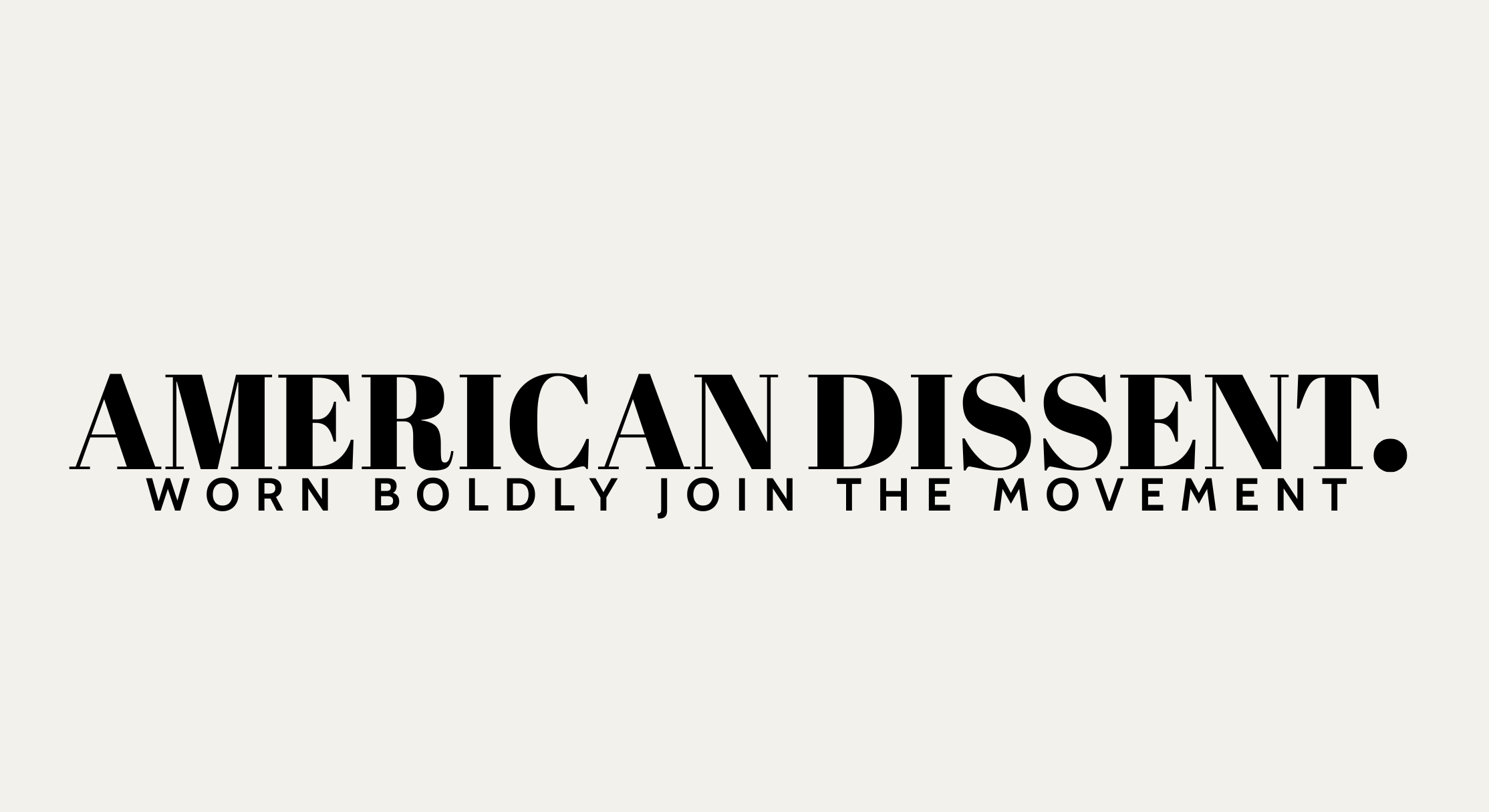Dissent Is Patriotic: Why Speaking Out Strengthens Democracy
Patriotism is often portrayed as unquestioning loyalty. Yet history shows that the most enduring form of patriotism is not silence—it is dissent. To challenge injustice, demand accountability, and push for progress is to honor the very principles on which the United States was built.
A Constitutional Right
The First Amendment to the U.S. Constitution guarantees freedom of speech, assembly, and petition. These protections were deliberately placed at the foundation of American law to ensure that citizens could question authority without fear of reprisal. Far from being a threat, dissent is a constitutional safeguard designed to keep democracy healthy.
Historical Precedent
- Abolition Movement (19th century): Activists like Frederick Douglass and Harriet Tubman were once branded as agitators. Their dissent against slavery reshaped the moral and legal framework of the nation.
- Women’s Suffrage (early 20th century): Leaders such as Susan B. Anthony and Alice Paul faced arrest and ridicule, yet their dissent secured the 19th Amendment in 1920, granting women the right to vote.
- Civil Rights Movement (1950s–60s): Dr. Martin Luther King Jr. and countless others used nonviolent protest to challenge segregation and racial injustice, leading to landmark legislation like the Civil Rights Act of 1964.
Each of these movements was initially condemned as “unpatriotic.” Today, they are celebrated as milestones of American progress.
Dissent as a Check on Power
During the Cold War, the House Un-American Activities Committee (HUAC) sought to silence critics by branding them as disloyal. In response, the ACLU produced Operation Correction in 1961, a film exposing how propaganda was being used to suppress free expression. This episode illustrates how dissent not only resists injustice but also protects the integrity of democratic institutions.
Contemporary Relevance
Modern debates—from climate change to racial justice—continue to show how dissent shapes public policy. Representative Ayanna Pressley has called dissenters “democracy defenders” and reminded Americans that “dissent is patriotic”. These words echo the reality that progress often begins with voices willing to challenge the status quo.
Conclusion
Dissent is not disloyalty. It is a civic responsibility. By questioning policies, exposing corruption, and demanding equality, dissenters ensure that America remains accountable to its founding promise: liberty and justice for all.
To silence dissent is to weaken democracy. To embrace it is to strengthen the nation.

